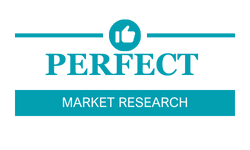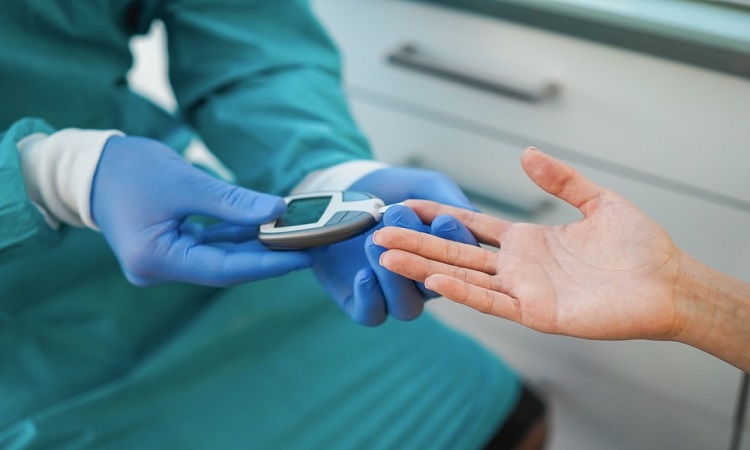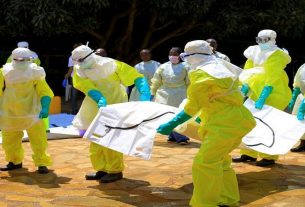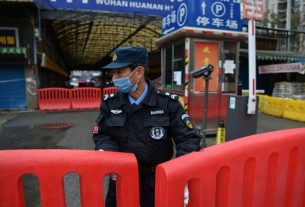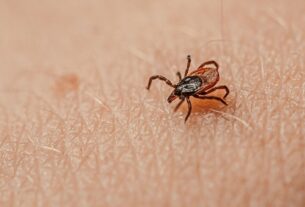Researchers at Weill Cornell Medical Center and New York-Presbyterian Hospital have found a new side effect of Covid-19. According to recent research, disruption of key metabolic pathways could trigger hyperglycemia (high blood glucose levels).
Published on September 15 of this year in the scientific journal Cell Metabolism, the research found a prevalence of hyperglycemia in Covid-19 patients. According to the study, SARS-CoV-2, the variant responsible for Covid-19, disrupts the production of the hormone adiponectin, which in turn is responsible for regulating blood glucose levels.
“We don’t usually think of highly active adipose cells, but they are responsible for synthesizing many protective proteins. It appears that SARS-CoV-2 can disable the body’s protection in many patients,” said James Lo, professor of medicine at Weill Cornell Medical Center.
Hyperglycemia is usually one of the main features of diabetes, so it was considered a risk factor for Covid-19 infections. Subsequently, the physicians found evidence that hyperglycemia was present in patients with Covid-19, even if they did not have a history of the disease.
Lo and his team of researchers analyzed the records of 3,854 patients who tested positive for Covid-19 during the early months of the pandemic in the United States. It was discovered, 49.7 percent developed hyperglycemia from their hospital stay.
Unlike those patients with normal glucose levels, patients with hyperglycemia are more likely to develop severe pulmonary dysfunction (acute respiratory distress syndrome or ARDS), receive mechanical ventilation and early death.
It remains unclear how SARS-CoV-2 can disrupt adiponectin production in fat cells. A hypothesis was developed which proposes an indirect disruption through elevation of the overall level of inflammation, which in turn alters fat cells. However, the researchers demonstrated, SARS-CoV-2 can infect human and mouse fat cells, suggesting the possibility of direct disruption by the virus.
This research proposes a new perspective on why some people are prone to experience more severe difficulties than others. “Patients with obesity, for example, may be more vulnerable to COVID-19 due to some degree of insulin resistance and fat cell dysfunction. Possibly their fat cells are more susceptible to infection,” Lo said.
As an additional pharmacological approach, the idea of using drugs commonly known as thiazolidinediones has been suggested. This group of drugs is responsible for increasing adiponectin production, so they could be used in the treatment of Covid-19 when hyperglycemia manifests itself. In addition to this research, physician Lo is studying whether Covid-19-induced hyperglycemia persists and develops into diabetes even after recovery.
